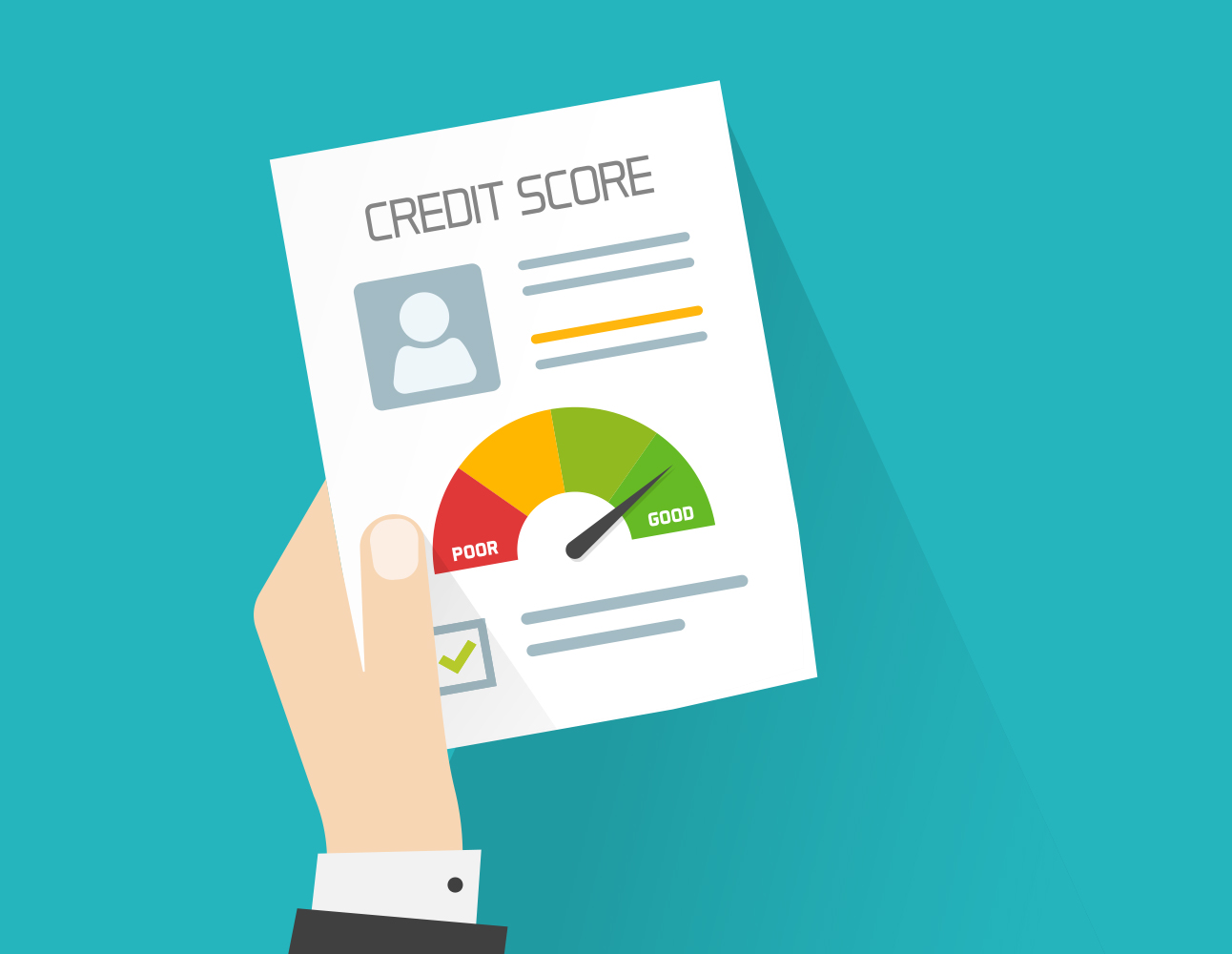Would you qualify for a mortgage renewal or loan? Find out here
By Olev Eder
Mortgage conditions have changed significantly across the country in recent months, and those changes could be of concern to retirees who haven’t yet fully paid off their home mortgages or who might want to borrow against their home. They also affect the plans of those who might have been considering the purchase of a nicer home or of a second property to earn rental income.
The first change was in the Bank of Canada’s “overnight” interest rate, ratcheted upward from 0.5 per cent in mid-2017 to 1.25 per cent in January 2018. The impact on mortgage rates, according to an analysis conducted by ratehub.ca using Bank of Canada data, was that the average posted five-year fixed rate rose only half a per cent (from 4.64 per cent through the first half of 2017 to 5.14 per cent by January 22, 2018), although discount rates—the so-called best rates—rose the full measure, from 2.24 per cent to 2.99 per cent over the same time frame.
So even the cheapest mortgages are a bit more expensive in 2018. If you were to renegotiate a $200,000, 25-year best-rate mortgage today at three rather than 2.25 per cent, your monthly payments would rise from $871 to $946—$75 more a month.
Interest rates may be headed even higher, too, although Peter Majthenyi, a mortgage planner and broker with Mortgage Architects in Toronto, believes any further increases would likely be modest.
“I wouldn’t want to go on the record predicting where interest rates will go,” Majthenyi says. “They’ll probably go up, but they could go down. The general consensus is up, but then there’s NAFTA and North Korea…. I believe that mortgage rates will remain relatively flat and affordable.”
So the hit from higher interest rates in itself shouldn’t be a major concern for most retirement-age mortgagees—but it could be a problem for those whose resources are already stretched to the limit.
Harder to Qualify
Another significant change that took effect in January was a new mortgage qualification regime, whereby all mortgage applicants must prove themselves financially capable of paying at least two percentage points more than the going rate. This, in combination with rate increases, could result in considerable discomfort for more than a few mortgagees.
“We estimate that roughly one-sixth of our clients will be affected, and some may no longer qualify,” Majthenyi says. “Even if you have an 80 per cent down payment, you now have to qualify for a mortgage set at two percentage points higher. If you want to buy a three per cent mortgage, you must qualify at a make-believe five per cent. To get a 3.5 per cent mortgage, you must qualify for 5.5 per cent, even though you don’t actually need to pay that much.”
Furthermore, Majthenyi points out, there’s actually a minimum qualification rate of 5.34 per cent. “That’s the minimum rate at which you can qualify right now. [The rate changes: it was 4.99 per cent in February.] Even if you found a mortgage at 1.99 per cent, you’d have to qualify at the 5.34 per cent rate.”
What would that mean in hard dollars for mortgage seekers? A mortgage payment of $946 at three per cent on a $200,000 mortgage would rise to a “pretend” payment of $1,163 at five per cent. In other words, if you’re just about to renew a $200,000 mortgage at three per cent and you were previously paying 2.25 per cent, your $871 payments will go up $75—but you’ll have to qualify for a new mortgage of $1,163: $292 a month, or about $3,500 a year, more than you were previously paying.
Using the standard lending ratio that no more than 28 per cent of your gross income can be allocated to housing (principal, interest, taxes, and insurance), that make-believe $3,500 mortgage hike can translate into the need for thousands of dollars (depending on tax and insurance costs) of additional yearly income. Viewed another way, you’re now going to need an income of more than $41,000 instead of $31,000 to qualify for what is going to be a $946 monthly mortgage payment (and was previously $871).
Majthenyi points out that anyone who might be interested in buying a second property should note that mortgage rates for such properties tend to be a bit higher than for normal residential mortgages. “Generally, the rates on rental properties have been about one-quarter per cent higher. That mortgage interest is tax-deductible, though, which helps offset the slightly higher investment property mortgage rate. Bear in mind that only half of your rental income can be included when trying to qualify for a mortgage.”
The bottom line is that even those who were previously well away from the dangers of disqualification may now find themselves snared by the new need for a much higher income.
“A simple rule for calculating how much mortgage you can qualify for is to multiply your gross income by 5.2,” Majthenyi says. “So for example, a $100,000 income translates into a $520,000 mortgage entitlement; a $30,000 income translates into a $156,000 mortgage. If you go beyond 5.2, you’re stretching your budget.”
Another change is that you can no longer extend mortgage amortizations beyond 25 years.
Explore Your Options
You may be able to get a mortgage even if technically you don’t quite qualify, most likely by staying with the same mortgage lender during renewal.
If you’re classified as a “sub-prime” borrower, however, the interest rate could be considerably higher than the figures cited here suggest. That would mean an even greater stretch in your overall accommodation costs, and if that’s not feasible, you may have to tighten your belt, lower your sights, or, as a final resort, sell your property.
Finally, Majthenyi cautions that when looking for a new mortgage, you need to shop around and focus on more than just interest rates. Features such as the ability to make prepayments or, in the case of variable contracts, to roll into a fixed term at a reasonable rate, can be just as valuable as low rates.
“All mortgage privileges or contracts are not created equal, so it’s always important to understand the terms that are included in a lower mortgage rate,” Majthenyi says. “You have to explore all your options and talk to several lenders, or preferably to a mortgage broker who can look at a wide variety of products. Asking a lender for advice on your mortgage decision is like asking a Ford dealer what kind of car you should buy.”
Photo: iStock/cnythzl.






